HORTICULTURE
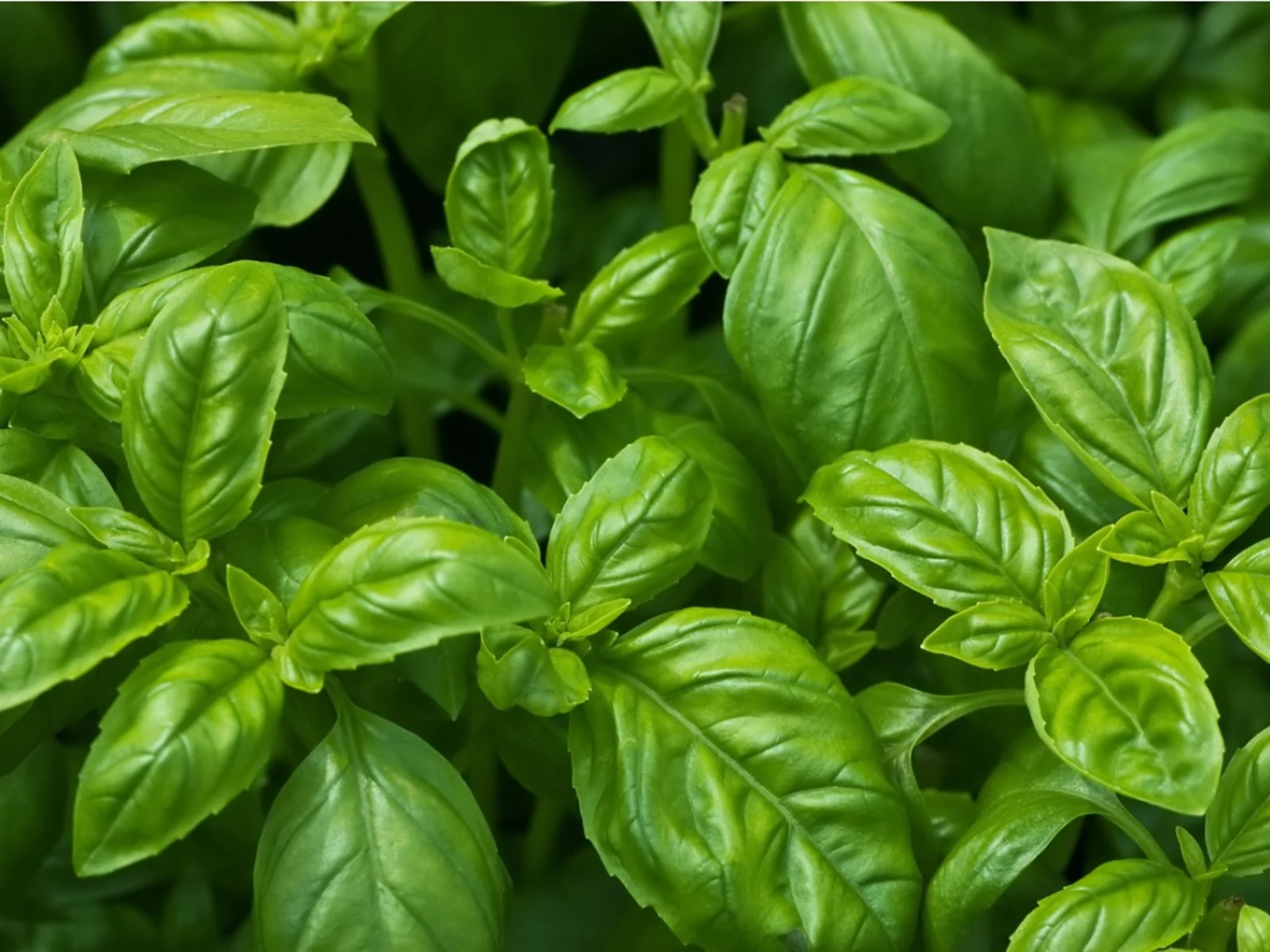
Basil
Basil contains many vitamins and minerals, as well as antioxidants such as lutein, zeaxanthin, beta-carotene, and beta-cryptoxanthin. Many of basil's health benefits come from these antioxidants, as well as its essential oils.
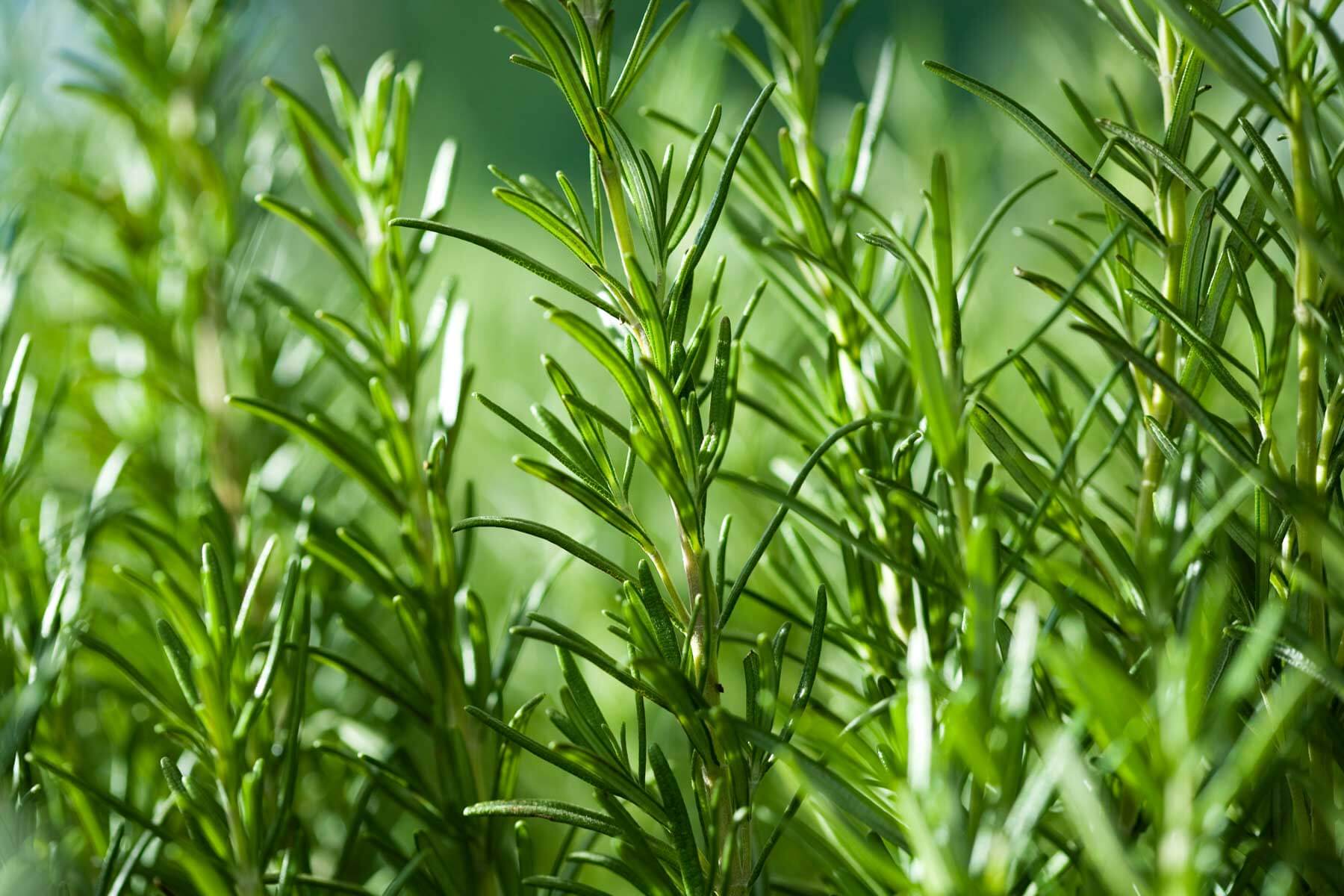
Rosemary
Rosemary is a rich source of antioxidants and anti-inflammatory compounds, which are thought to help boost the immune system and improve blood circulation. Rosemary is considered a cognitive stimulant and can help improve memory performance and quality.
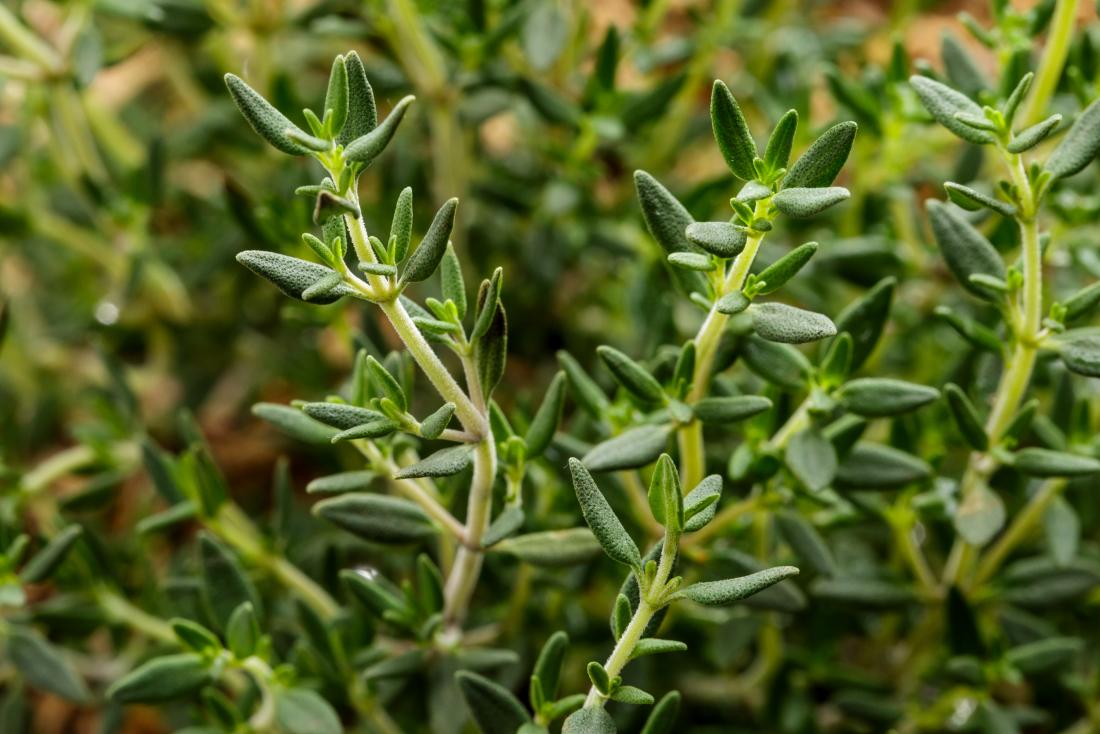
Thyme
Thyme (Thymus vulgaris) is an herb with a distinct smell. The flowers, leaves, and oil are commonly used to flavor foods and are also used as medicine. Thyme contains chemicals that might help bacterial and fungal infections. It also might help relieve coughing and have antioxidant effects

Sage
Sage contains vitamins A and C, along with several other antioxidants which help reduce the risk of serious health conditions like cancer. It's also rich in vitamin K, which aids the body in clotting blood. Since sage is usually taken in small amounts, it provides a high amount of nutrition without a lot of calories
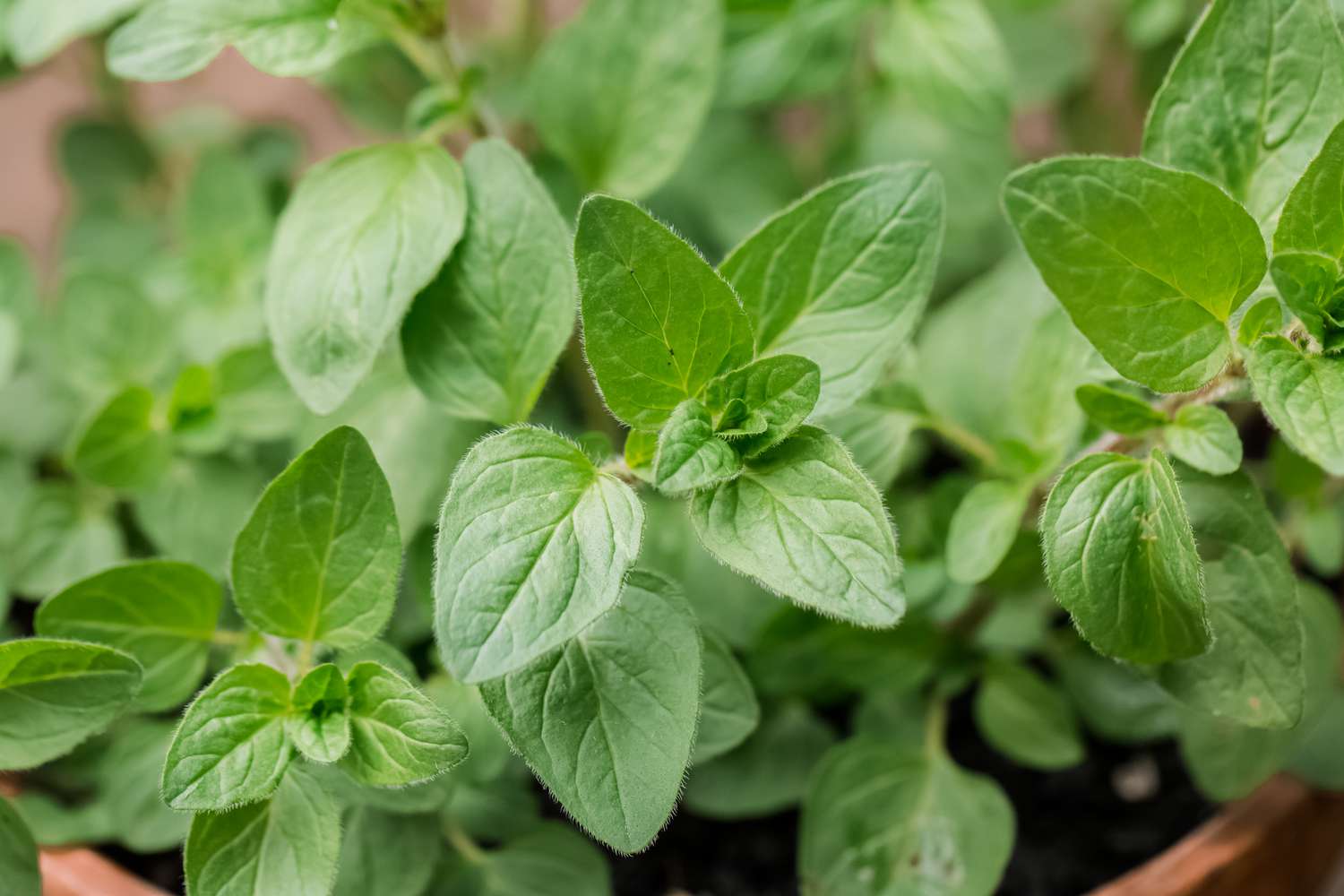
Oregano
Oregano is higher in antioxidants than most fruits and vegetables, and it's packed full of powerful compounds called phenols. Oregano also contains compounds that may be effective against bacterial and fungal infections, inflammation, and pain, among other conditions.
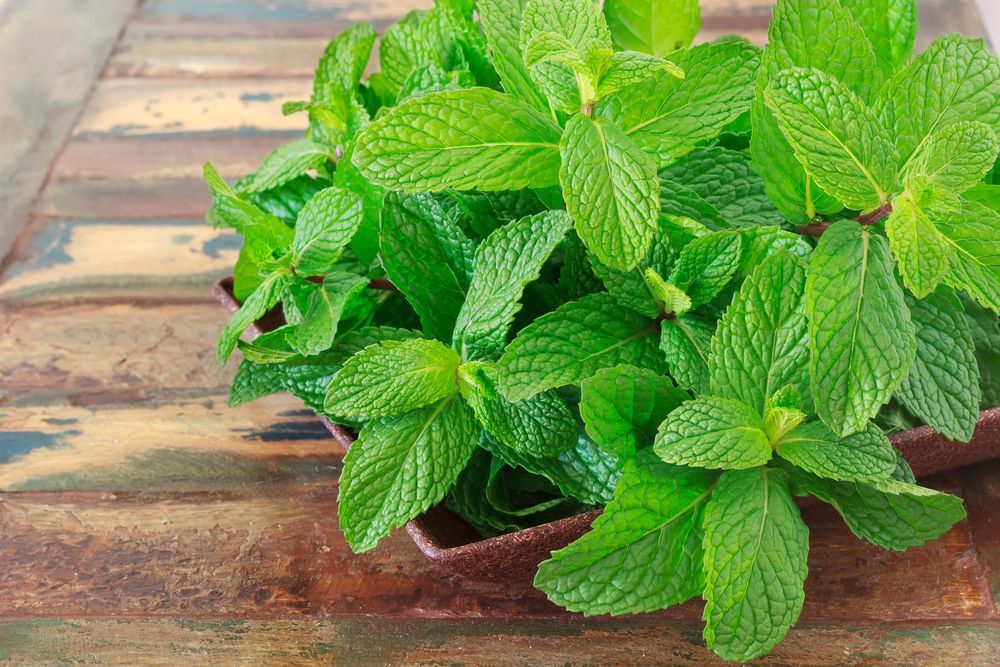
Mint
Mint has been used in traditional medicine to treat a variety of ailments for many years. Unfortunately, there aren't many human studies documenting the impact mint has on the body apart from digestion support and irritable bowel syndrome relief. With time, research could confirm that mint is useful in treating a wider variety of illnesses.

Sage
Sage contains vitamins A and C, along with several other antioxidants which help reduce the risk of serious health conditions like cancer. It's also rich in vitamin K, which aids the body in clotting blood. Since sage is usually taken in small amounts, it provides a high amount of nutrition without a lot of calories
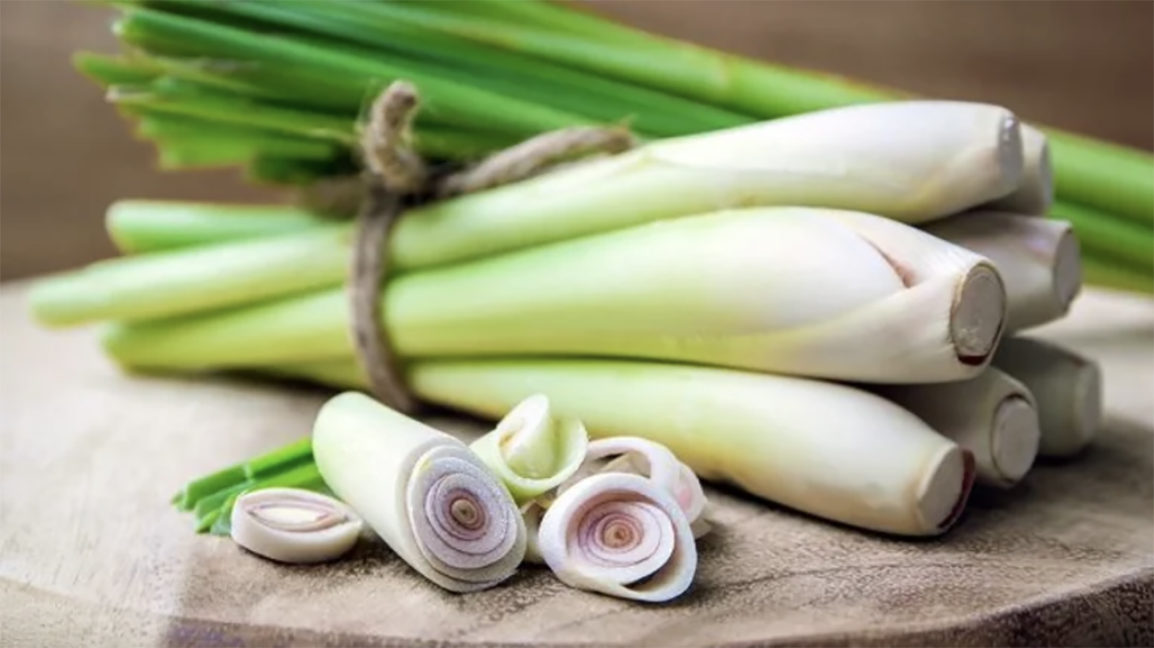
Lemongrass
Lemongrass is a rich source of flavonoids and phenolic compounds, which contain antioxidants. It's also an effective antibacterial and antifungal agent that contains anti-inflammatory and antioxidant properties. Lemongrass is used as a folk remedy to promote sleep, relieve pain, and boost immunity.
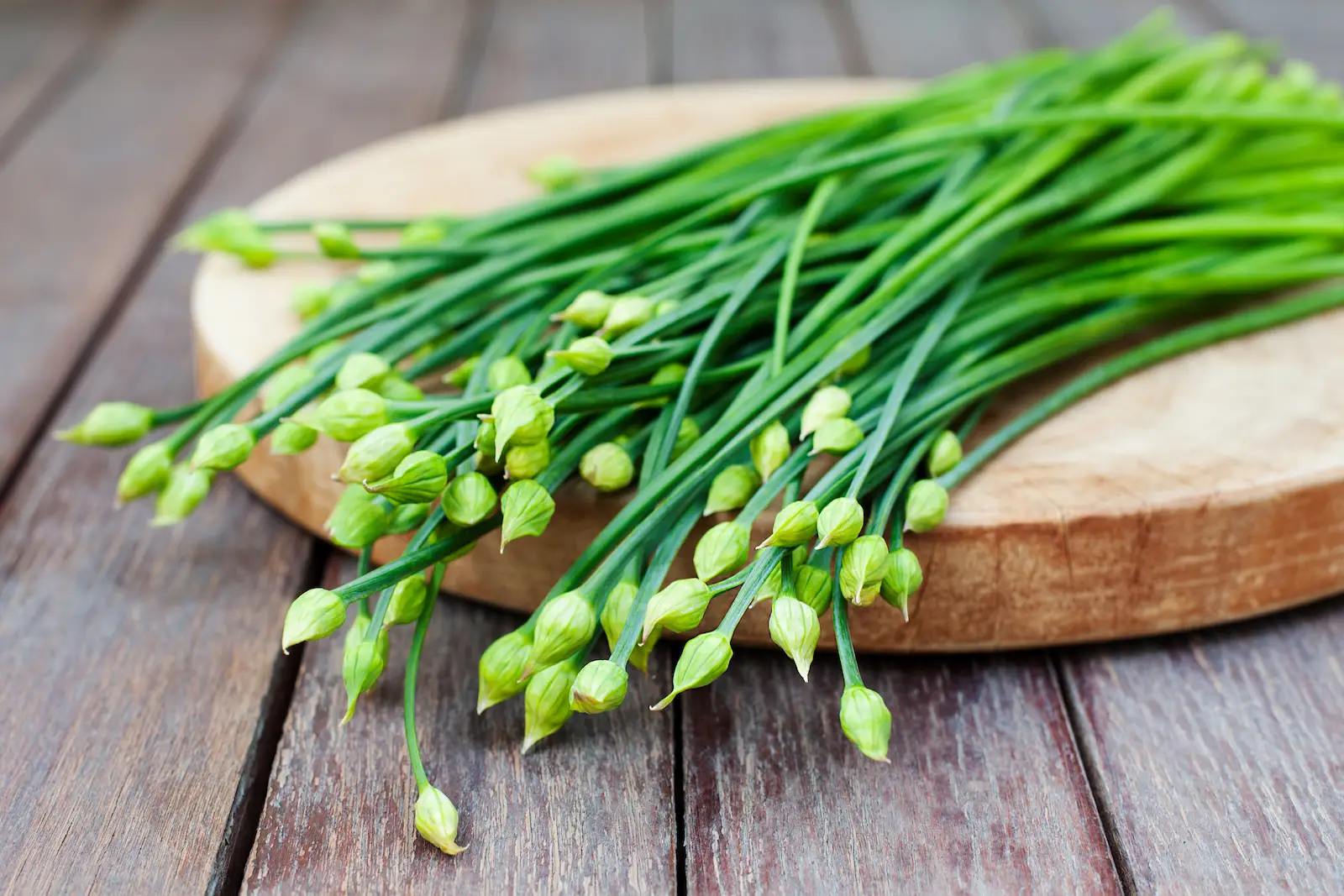
Chives
Chives are an herb that's related to onions and garlic with long green stems and a mild, not-too-pungent flavor. Typically used fresh, and most often (although not always) as a garnish, they add a bright color and oniony flavor to soups, dressings, and dips, along with many egg and potato-based dishes

Celery
Celery is loaded with antioxidants. These include well-known varieties such as flavonoids and vitamin C, as well as lunularin and bergapten. These and other antioxidants help to prevent the oxidative stress that contributes to cancer. Celery is rich in a phytochemical known as phthalides.

Capsicum
Capsicum is extremely high in vitamin C which is essential for many processes in the body including immune function, wound healing and the synthesis of collagen. In addition to vitamin C, capsicum is also high in vitamin A. Vitamin A is vital for immune support, reproduction and vision strength.
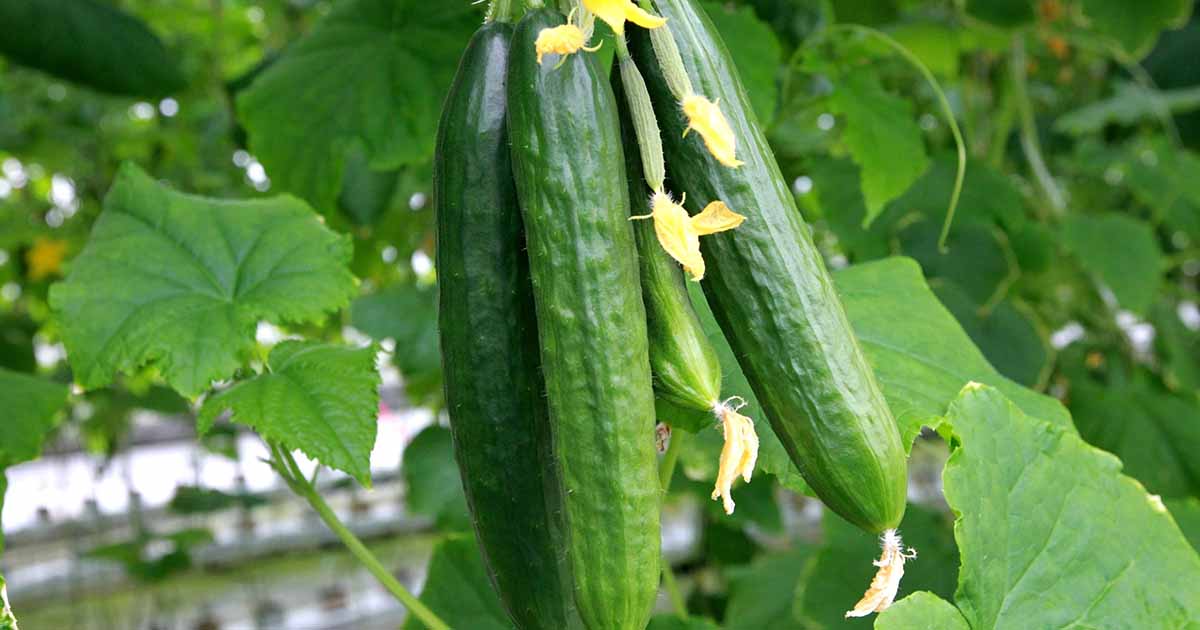
Cucumber
Cucumber is ideal for detoxification and preventing dehydration. Cucumbers are rich in phytonutrients and vitamin K. They are also a very good source of pantothenic acid and Molybdenum. They also contain copper, potassium, manganese, vitamin C, phosphorus, magnesium and vitamin B1.
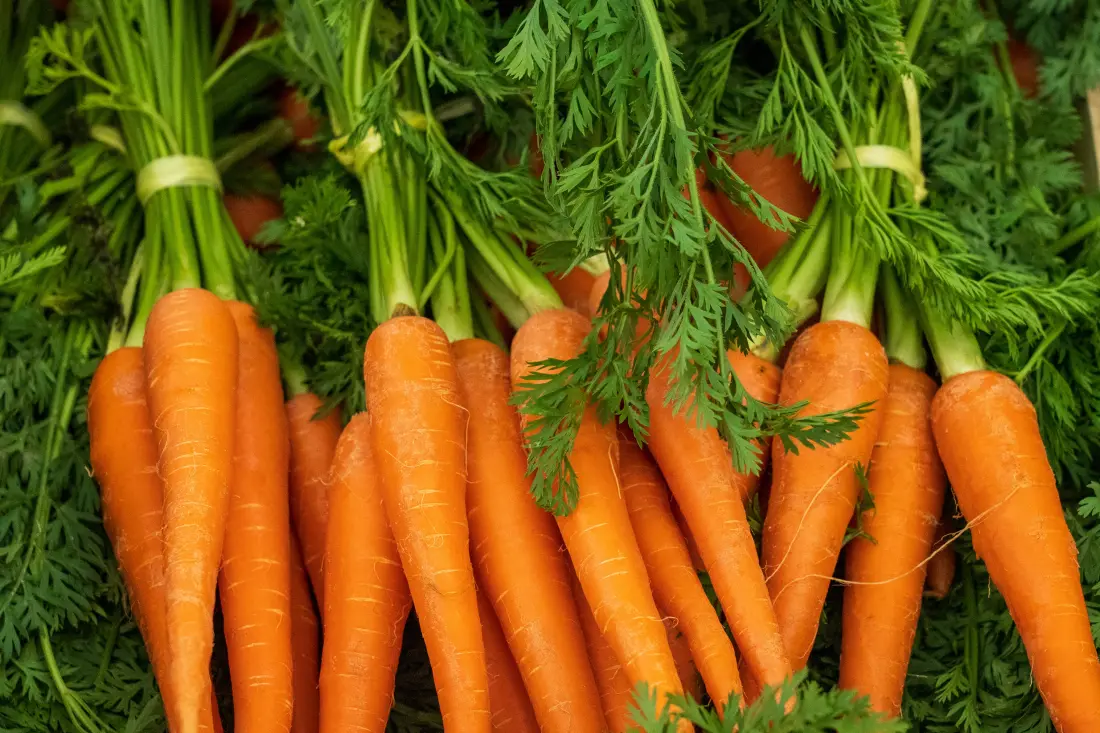
Carrot
Carrots are rich in beta-carotene, a compound your body changes into vitamin A, which helps keep your eyes healthy. And beta-carotene helps protect your eyes from the sun and lowers your chances of cataracts and other eye problems. Yellow carrots have lutein, which is also good for your eyes.
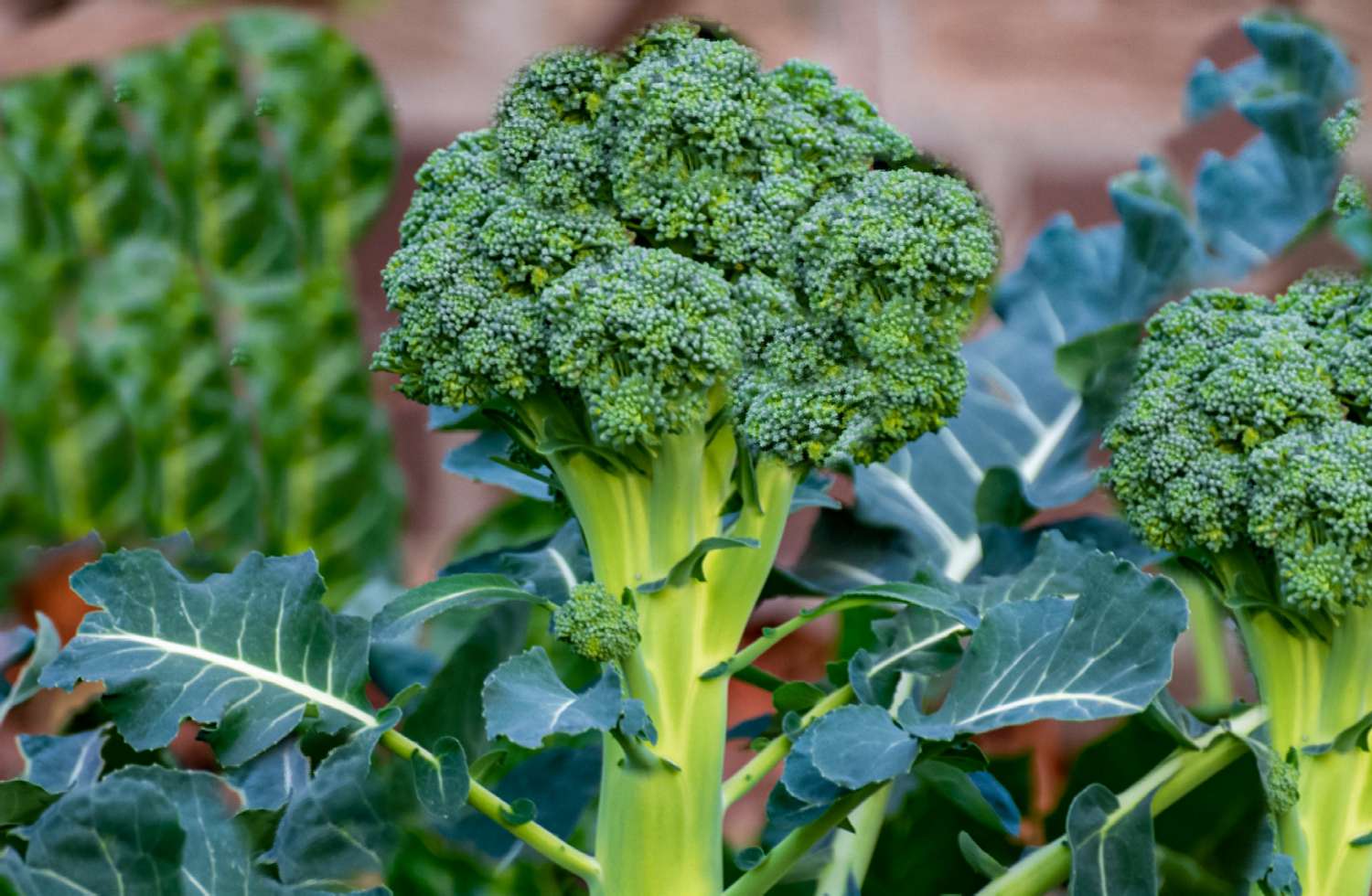
Broccoli
Broccoli is high in many nutrients, including fiber, vitamin C, vitamin K, iron, and potassium. It also boasts more protein than most other vegetables. This green veggie can be enjoyed both raw and cooked, but recent research shows that gentle steaming provides the most health benefits
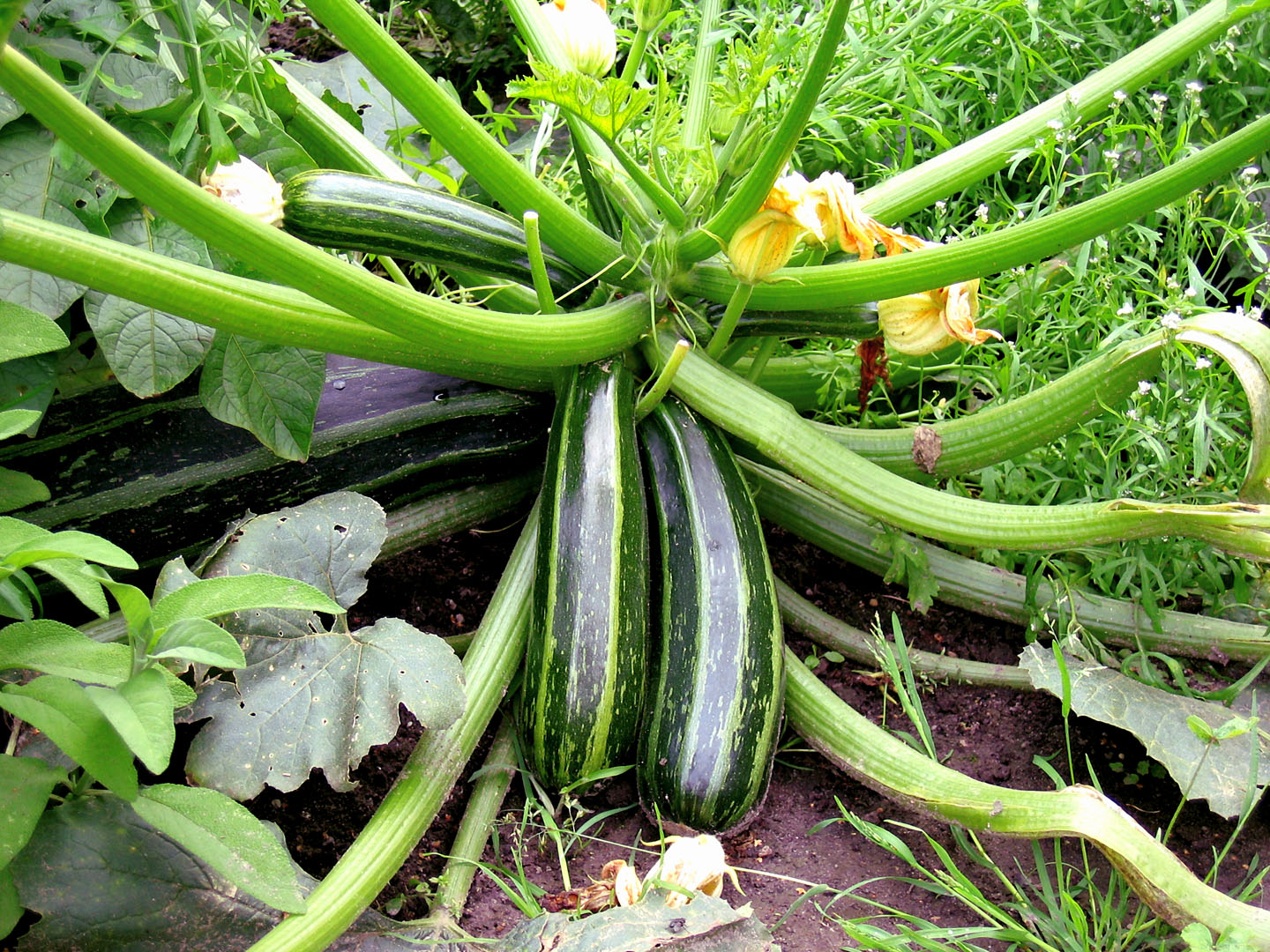
Zucchini
Zucchini is a versatile squash rich in vitamins, minerals, and plant compounds. It may offer several health benefits, ranging from improved digestion to a lower risk of heart disease. Zucchini may aid your bones, thyroid, and prostate. If you're curious, try adding this soft, mild fruit to your diet today.
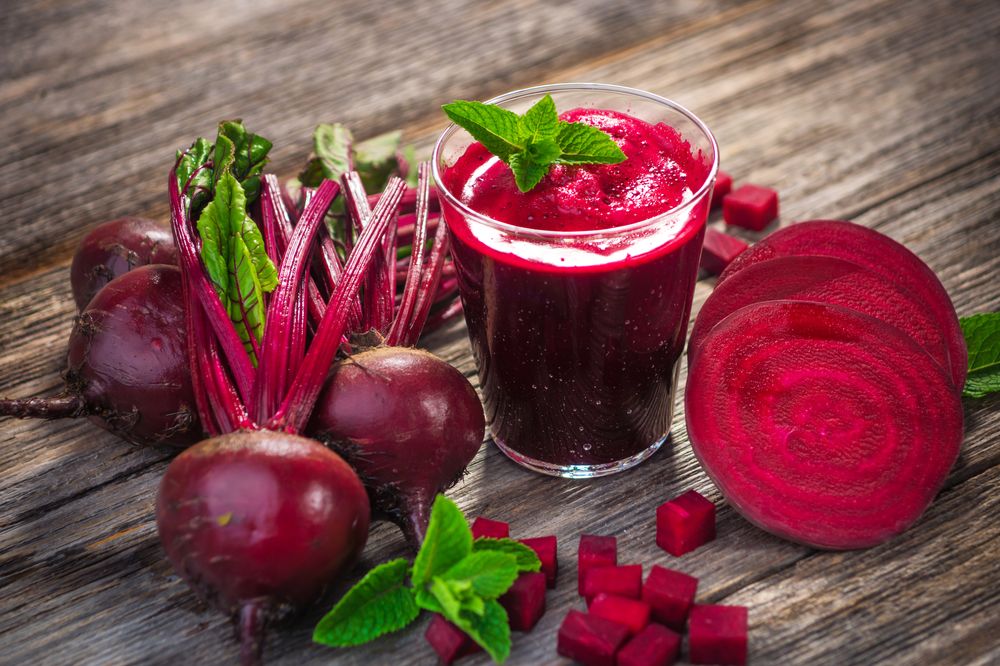
Beetroot
Beets are rich in folate (vitamin B9) which helps cells grow and function. Folate plays a key role in controlling damage to blood vessels, which can reduce the risk of heart disease and stroke. Beets are naturally high in nitrates, which are turned into nitric oxide in the body.
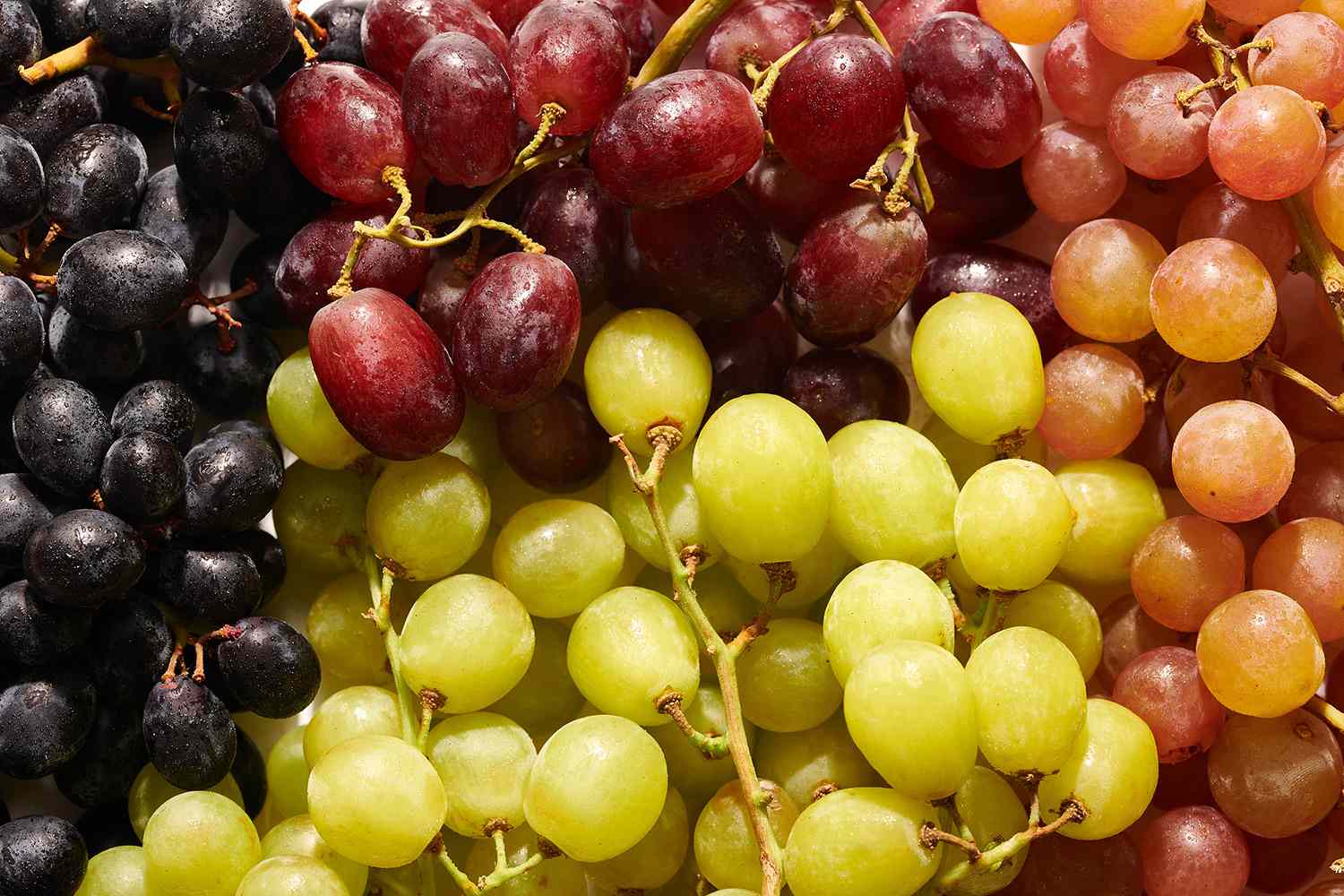
Grapes
Grapes are a good source of potassium, a mineral that helps balance fluids in your body. Potassium can help bring down high blood pressure and lower your risk of heart disease and stroke. Most people don't get enough of this nutrient, so eating grapes can help fill the gap
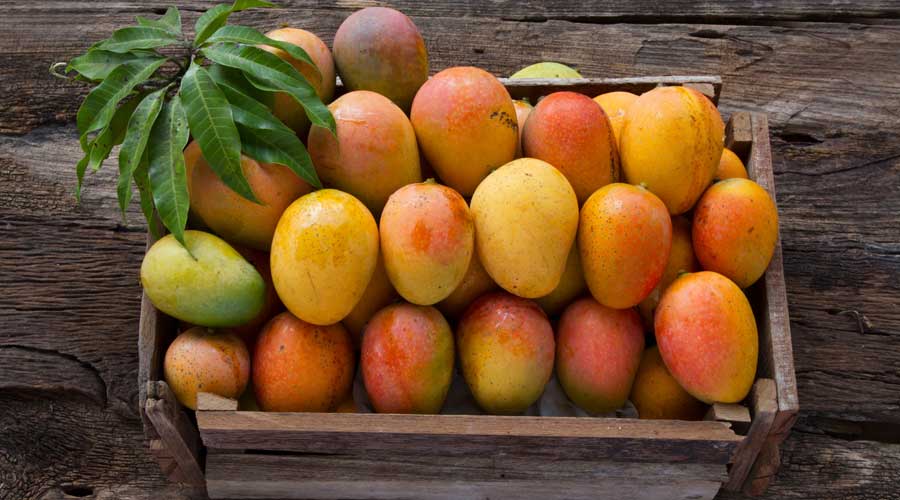
Mango
Mango is rich in vitamins, minerals, and antioxidants, and it has been associated with many health benefits, including potential anticancer effects, as well as improved immunity and digestive and eye health. Best of all, it's tasty and easy to add to your diet as part of smoothies and many other dishes.
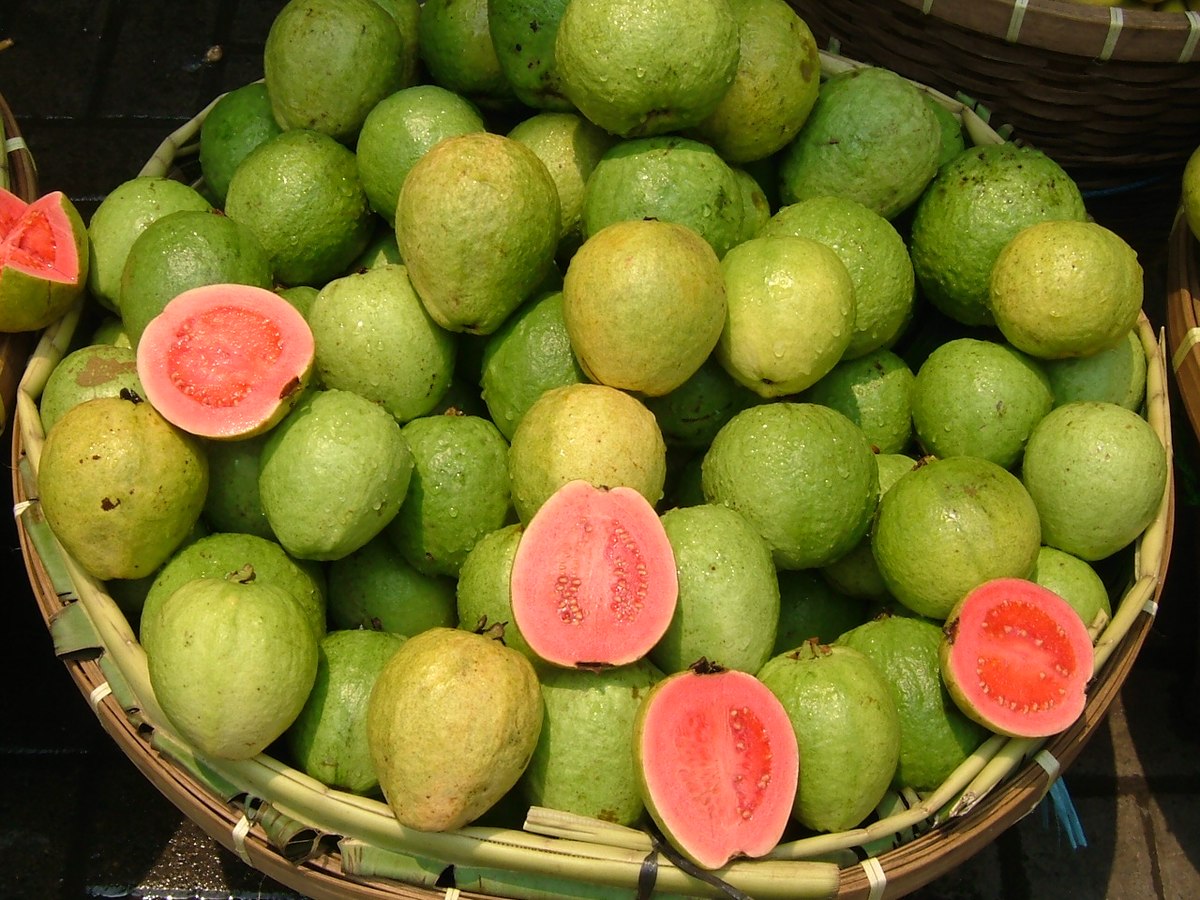
Guava
Guava is a powerhouse of nutrients. It is rich in antioxidants, vitamin C & A, lycopene, calcium, manganese, and potassium. Besides this, guava is also low in calories, high in fibre, and makes for a great addition to your everyday diet
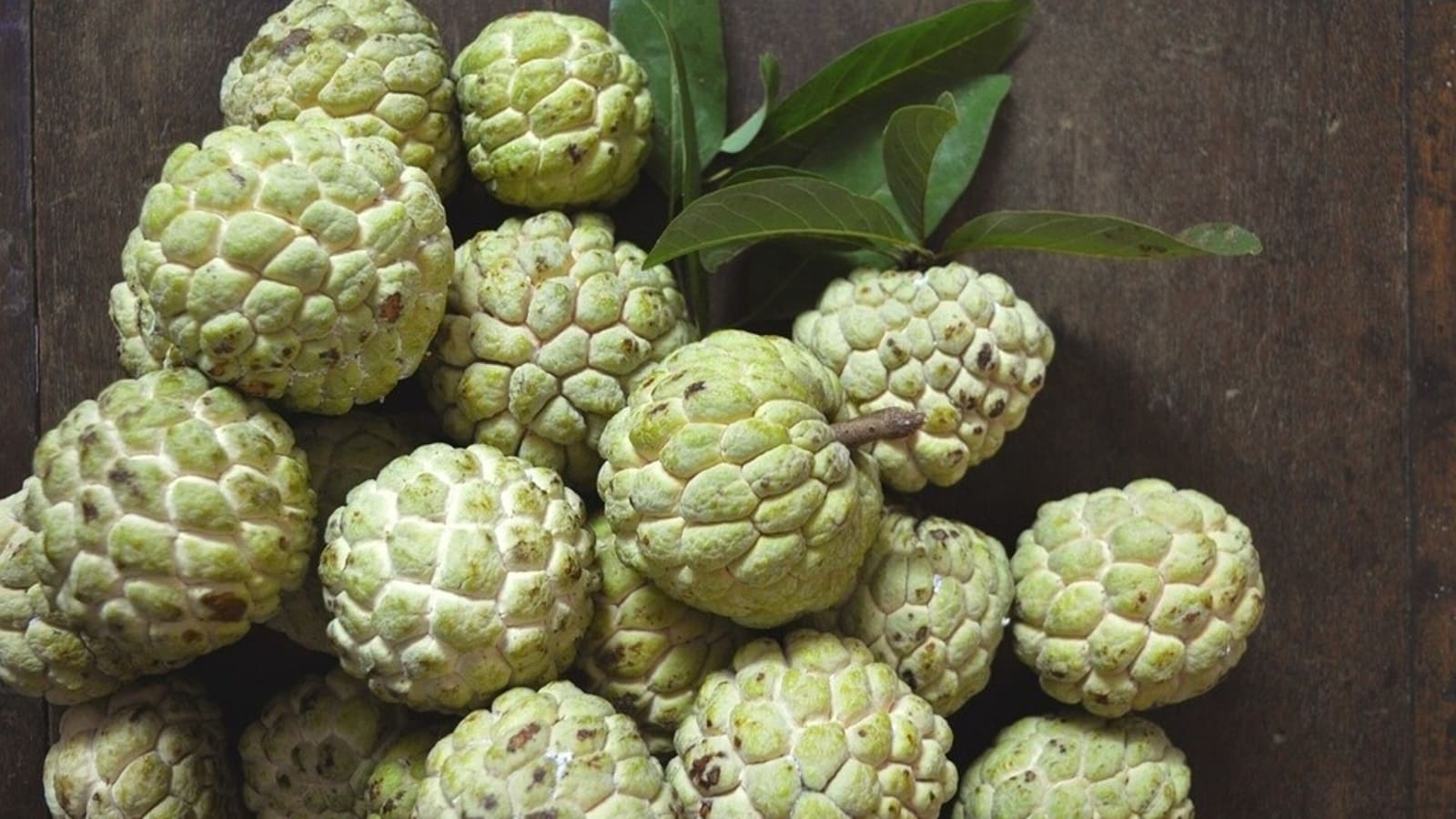
Custard Apple
Custard Apple is high in fibers, which helps digestion, prevents constipation, and detoxifies our body. Sitafal contains many antioxidants (flavonoids, phenolic compounds, kaurenoic acid, and vitamin C) that fight free radicals associated with chronic diseases, cancer, and heart disease.

Avocado
Avocados are a source of key nutrients, including healthy fats and fiber. They also contain anti-inflammatory and antioxidant compounds and may help reduce heart disease risk. Nutritious, versatile, and delicious, avocados have become a kitchen staple in many homes around the world.
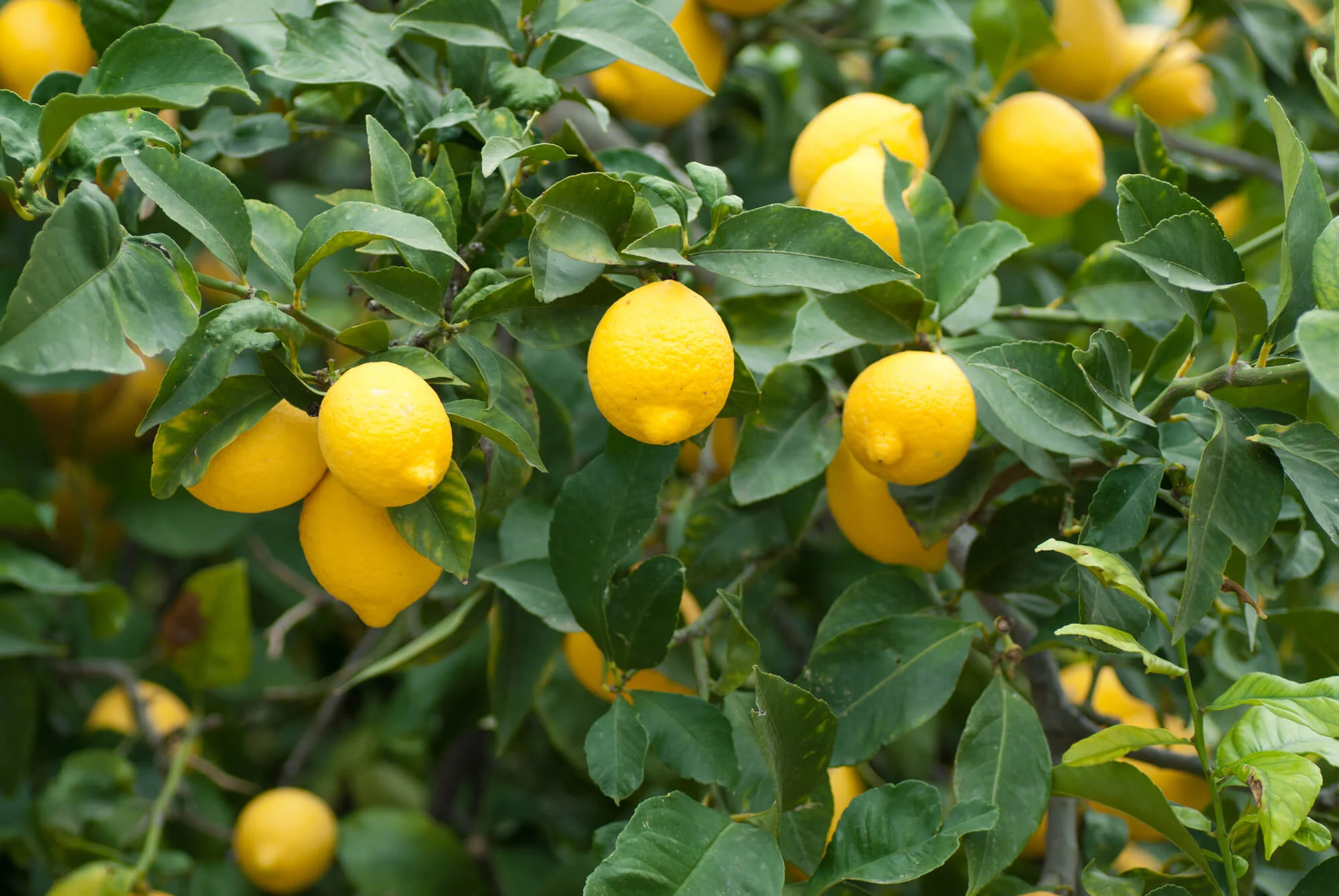
Lemon
Lemons are high in vitamin C, fiber, and various beneficial plant compounds. These nutrients are responsible for several health benefits. In fact, lemons may support heart health, weight control, and digestive health
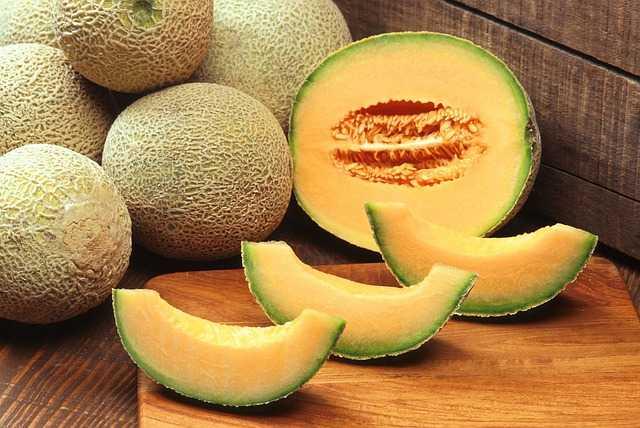
Muskmelon
Muskmelon has high fibre and water content, which makes it a great natural healer for people suffering from indigestion, constipation, and other digestive issues. The fibre content in this fruit helps in regulating proper bowel movements with a calming and cooling effect on the stomach
